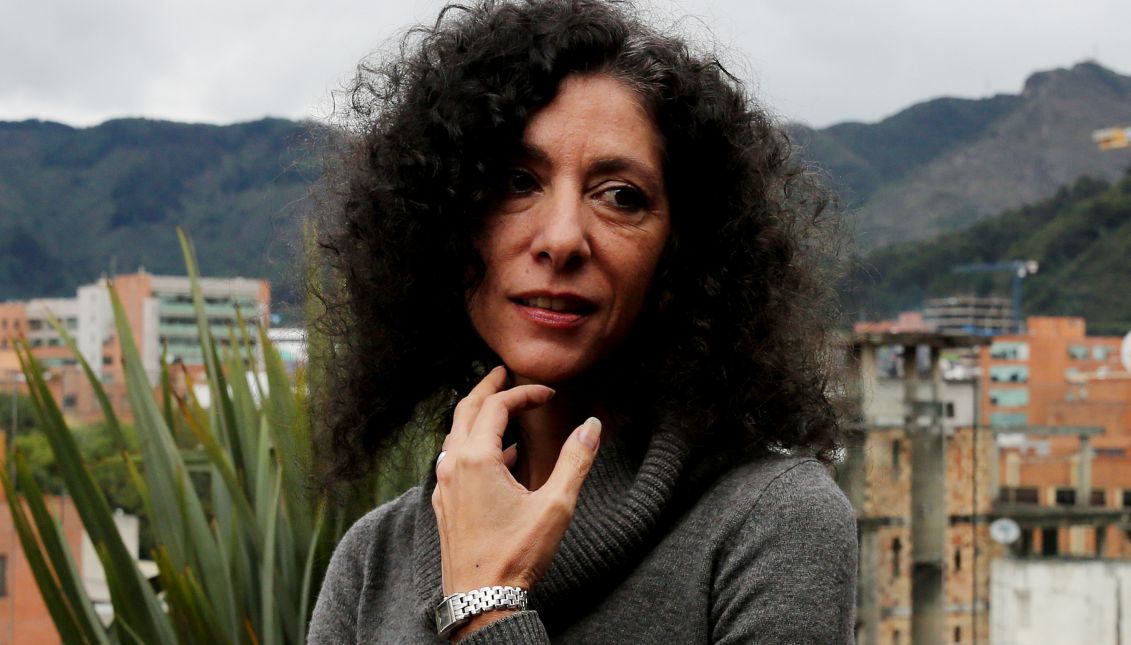
Leila Guerriero: It is necessary to see "the other side" of Latin America
Argentine reporter Leila Guerriero knows how to deal with writing feature stories, that style often being used in Latin America to write about conflict and…
Argentine reporter Leila Guerriero knows how to deal with writing feature stories, that style often being used in Latin America to write about conflict and more marginal stories, but she is now bringing that kind of writing to science and innovation.
"It seems to me that we narrative journalists have a big duty to tell things in a way that is not common, simplistic, that's not like stories of people overcoming obstacles," she said in an interview with EFE about feature stories involving science, technology, innovation and education that are included in the "Un mundo lleno de futuro" (A world full of future) published by Planeta, which she edited.
In the work, which was sponsored by the Inter-American Development Bank, Ibero-American journalists such as Arturo Lezcano, Juan Miguel Alvarez, Gabriela Aleman, Lujan Roman, Cesar Bianchi, Juan Manuel Robles, Joseph Zarate, Sol Lauria, Miguel Prenz and Javier Sinay deal with issues that they regularly write about.
"The Latin America we're accustomed to telling about ... and seeing from outside the region is like a poor, conflictive Latin America with political and social questions," Guerriero said.
She acknowledged that that regional label "exists and is here" but she believes it is necessary "to see the other side" with stories that deal with infrequent issues but which keep up "the rhythm and dramatic tension" that the reporters put into other issues such as conflicts, bloody happenings or deaths.
RELATED CONTENT
Among the feature stories in the book, for example, is one by Colombia's Juan Miguel Alvarez, who tells about the technological struggle in the Caribbean province of La Guajira to get access to water.
Assembling this collection of such stories, told with dramatic flair, gave Guerriero the chance to bring new life into this area of journalism, thus focusing on areas of Latin America that are often invisible.
"If you go through the list of feature writers in the book you're going to find a great police writer like Javier Sinay, or a guy like Miguel Prenz, who did the story of a torturer in Argentina who (stole babies and) gave them to military families," she said.
Guerriero went on to say that information about science, innovation and technology is "very (categorized by) sector" and relegated to the supplements, adding that it has "a lyrical quality" that must be enhanced.










LEAVE A COMMENT:
Join the discussion! Leave a comment.